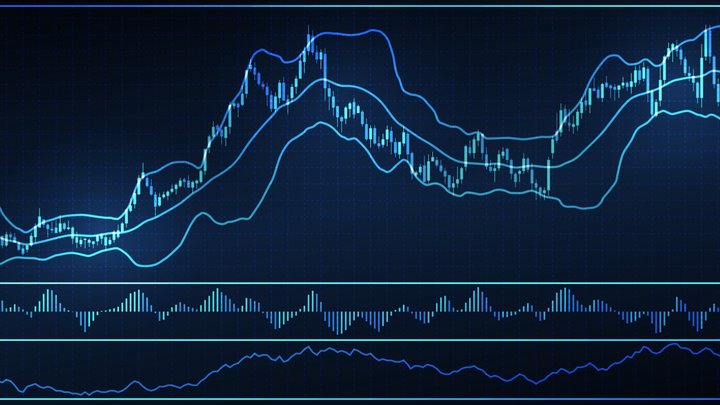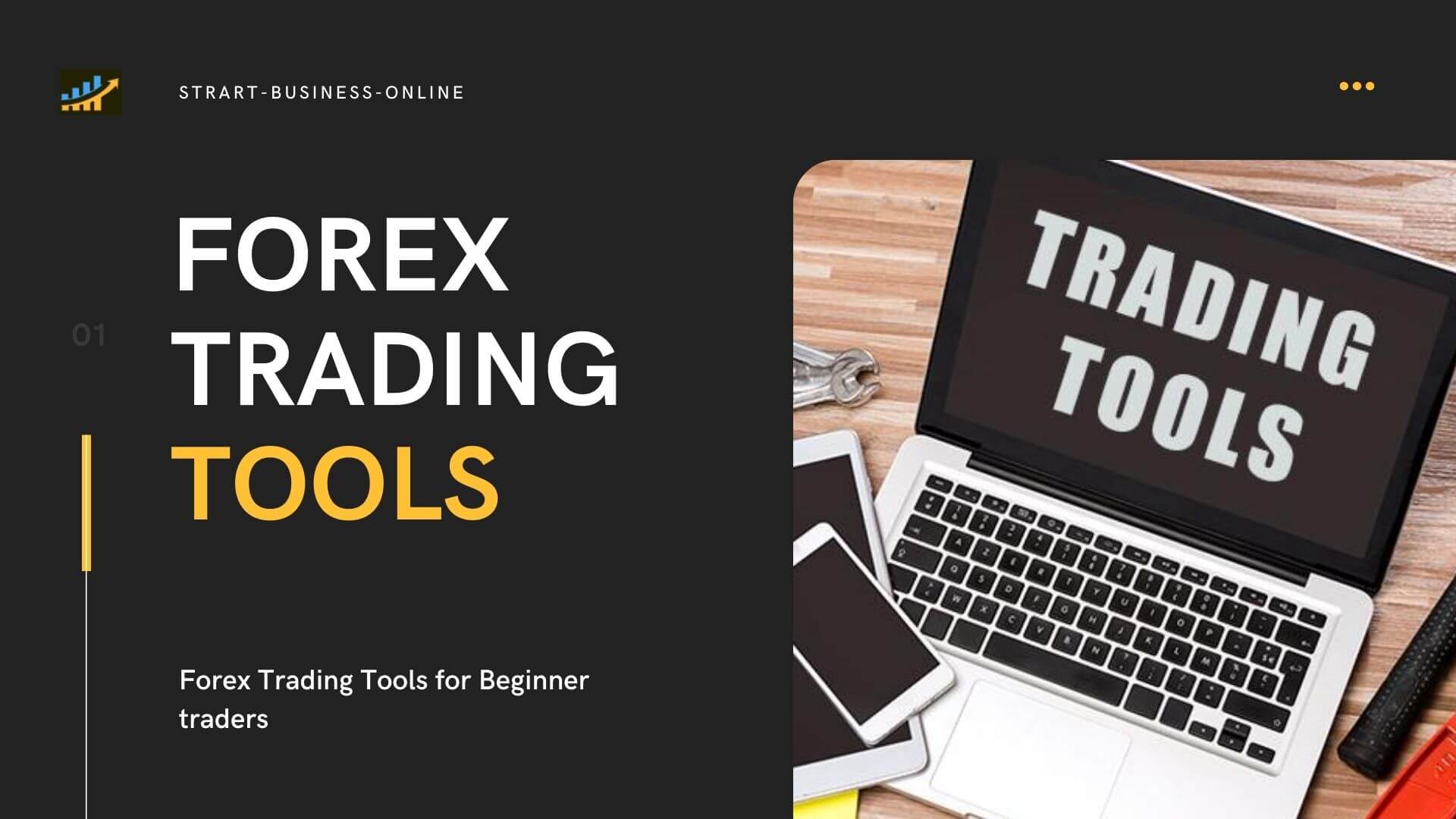
Trade signals can help traders gain an understanding of the market. These are suggestions that are based on mathematical algorithms and market knowledge. They are not always accurate but they can provide useful information.
There are two types trading signals: automated and manual. The automated trading signals are generated by professionals traders or investment experts. They generate trading signals based on their knowledge and experience. These programs make use of mathematical formulas to locate patterns in markets. Some programs can even be used to back-test strategies, and suggest trade ideas.
A trading signal's primary function is to notify traders of any upcoming market movement. This may include an alert regarding an upcoming reversal in the price of a currency. The function may also include the recommendation of a stop-loss or take-profit level. Some forex signals come with trailing stop value options.

Signals can be either free of charge or cost you monthly, depending on the provider. You can test out the service's quality with a free trial period offered by some providers before you sign up. Subscribing for a free demo account is the best option for beginners. The practice account allows you to experiment with various trading platforms and learn the ropes.
One of the most essential functions of a trading signal, is to inform traders when it is the best time for them to enter trades. This is often based on the signal model's alpha generation. The market structure, the signal models' analytical methodology, and other factors may affect the output of the signal modeling model. It is important that you note that the signal's accuracy decreases with time.
Another useful signal is the Integrated Development Environment. The IDE displays the best signal provider, as well as other relevant indicators. It also has several sorting and filtering functions.
Companies with a track record in the field are more likely to provide the best trading signals. You can check out the MetaTrader 4's list of the best trading signals. These signals are sorted by trading result and can be copied onto your trading account.

The best trading signals give you a complete view of the market. You can get better information about cryptocurrencies, traditional markets, and other assets by integrating trading signals into your portfolio. Signals can simplify your trading life and help you increase your profits, no matter how experienced or novice you may be.
The best signal for trading is the one that suits your needs. While you are testing out the various services on your demo account, you can compare signals from various providers in order to find the best signal for your trading style. Trading signals can only be useful if they are triggered at a suitable time.
FAQ
What are some advantages of owning stocks?
Stocks are more volatile that bonds. The stock market will suffer if a company goes bust.
However, if a company grows, then the share price will rise.
To raise capital, companies often issue new shares. This allows investors buy more shares.
To borrow money, companies can use debt finance. This gives them access to cheap credit, which enables them to grow faster.
A company that makes a good product is more likely to be bought by people. The stock's price will rise as more people demand it.
Stock prices should rise as long as the company produces products people want.
How can someone lose money in stock markets?
Stock market is not a place to make money buying high and selling low. It is a place where you can make money by selling high and buying low.
The stock market is an arena for people who are willing to take on risks. They would like to purchase stocks at low prices, and then sell them at higher prices.
They hope to gain from the ups and downs of the market. They could lose their entire investment if they fail to be vigilant.
How do I invest my money in the stock markets?
You can buy or sell securities through brokers. A broker can sell or buy securities for you. Trades of securities are subject to brokerage commissions.
Banks typically charge higher fees for brokers. Banks offer better rates than brokers because they don’t make any money from selling securities.
To invest in stocks, an account must be opened at a bank/broker.
A broker will inform you of the cost to purchase or sell securities. This fee will be calculated based on the transaction size.
Your broker should be able to answer these questions:
-
You must deposit a minimum amount to begin trading
-
If you close your position prior to expiration, are there additional charges?
-
what happens if you lose more than $5,000 in one day
-
How long can positions be held without tax?
-
How much you can borrow against your portfolio
-
whether you can transfer funds between accounts
-
How long it takes for transactions to be settled
-
How to sell or purchase securities the most effectively
-
How to Avoid fraud
-
how to get help if you need it
-
If you are able to stop trading at any moment
-
Whether you are required to report trades the government
-
Reports that you must file with the SEC
-
How important it is to keep track of transactions
-
What requirements are there to register with SEC
-
What is registration?
-
How does this affect me?
-
Who must be registered
-
When do I need to register?
What is the difference in the stock and securities markets?
The entire list of companies listed on a stock exchange to trade shares is known as the securities market. This includes stocks as well options, futures and other financial instruments. Stock markets can be divided into two groups: primary or secondary. Large exchanges like the NYSE (New York Stock Exchange), or NASDAQ (National Association of Securities Dealers Automated Quotations), are primary stock markets. Secondary stock market are smaller exchanges that allow private investors to trade. These include OTC Bulletin Board Over-the-Counter (Pink Sheets) and Nasdaq ShortCap Market.
Stock markets have a lot of importance because they offer a place for people to buy and trade shares of businesses. Their value is determined by the price at which shares can be traded. The company will issue new shares to the general population when it goes public. These shares are issued to investors who receive dividends. Dividends are payments that a corporation makes to shareholders.
In addition to providing a place for buyers and sellers, stock markets also serve as a tool for corporate governance. The boards of directors overseeing management are elected by shareholders. Boards make sure managers follow ethical business practices. The government can replace a board that fails to fulfill this role if it is not performing.
Statistics
- "If all of your money's in one stock, you could potentially lose 50% of it overnight," Moore says. (nerdwallet.com)
- US resident who opens a new IBKR Pro individual or joint account receives a 0.25% rate reduction on margin loans. (nerdwallet.com)
- Our focus on Main Street investors reflects the fact that American households own $38 trillion worth of equities, more than 59 percent of the U.S. equity market either directly or indirectly through mutual funds, retirement accounts, and other investments. (sec.gov)
- Individuals with very limited financial experience are either terrified by horror stories of average investors losing 50% of their portfolio value or are beguiled by "hot tips" that bear the promise of huge rewards but seldom pay off. (investopedia.com)
External Links
How To
How to create a trading strategy
A trading plan helps you manage your money effectively. It helps you identify your financial goals and how much you have.
Before setting up a trading plan, you should consider what you want to achieve. You may want to make more money, earn more interest, or save money. You may decide to invest in stocks or bonds if you're trying to save money. You can save interest by buying a house or opening a savings account. And if you want to spend less, perhaps you'd like to go on holiday or buy yourself something nice.
Once you decide what you want to do, you'll need a starting point. This will depend on where you live and if you have any loans or debts. Consider how much income you have each month or week. Income is the sum of all your earnings after taxes.
Next, you'll need to save enough money to cover your expenses. These include rent, bills, food, travel expenses, and everything else that you might need to pay. Your monthly spending includes all these items.
Finally, figure out what amount you have left over at month's end. This is your net discretionary income.
This information will help you make smarter decisions about how you spend your money.
To get started, you can download one on the internet. Ask an investor to teach you how to create one.
Here's an example of a simple Excel spreadsheet that you can open in Microsoft Excel.
This shows all your income and spending so far. It includes your current bank account balance and your investment portfolio.
Another example. This was designed by a financial professional.
It will help you calculate how much risk you can afford.
Don't attempt to predict the past. Instead, you should be focusing on how to use your money today.